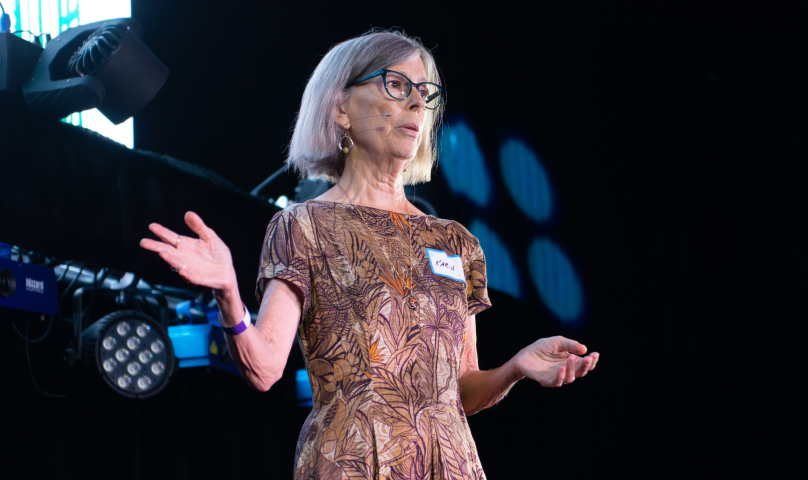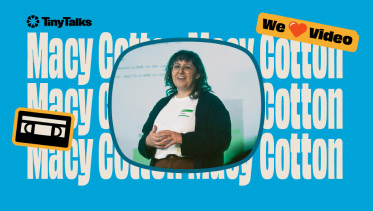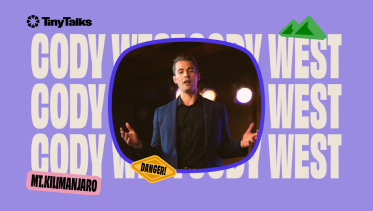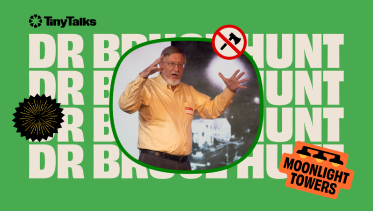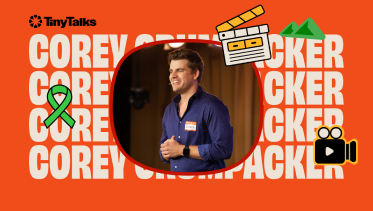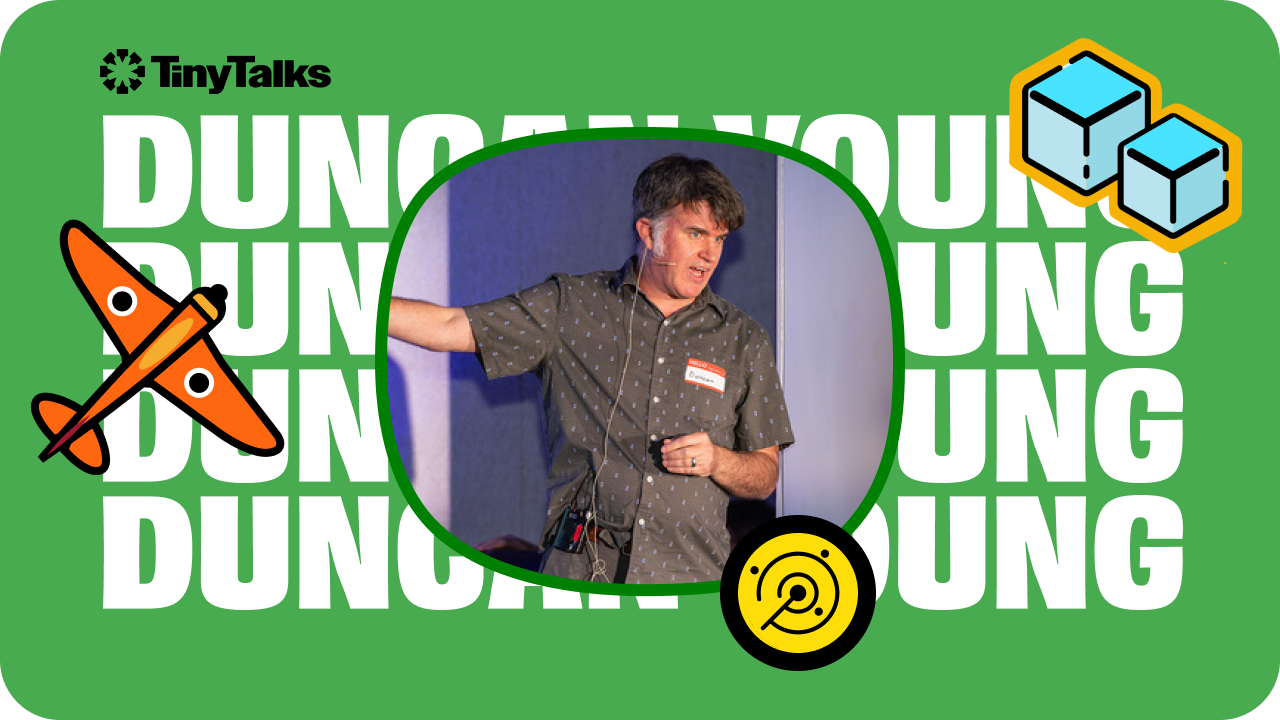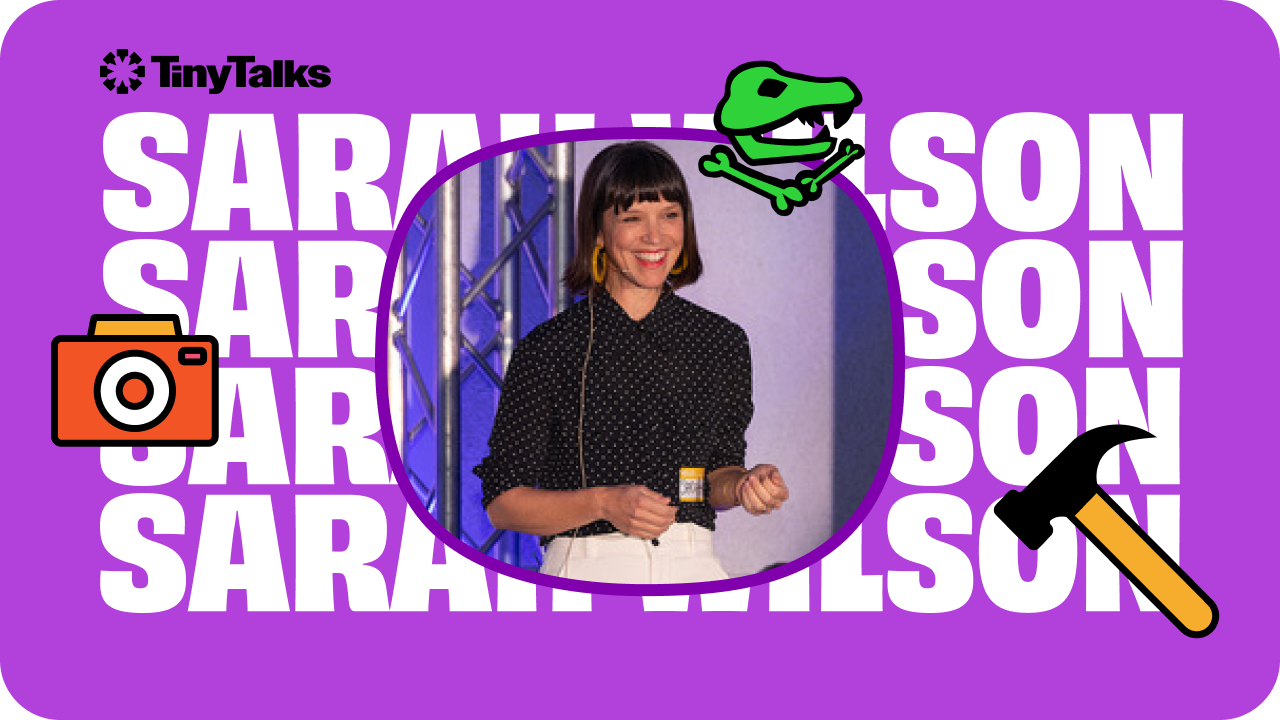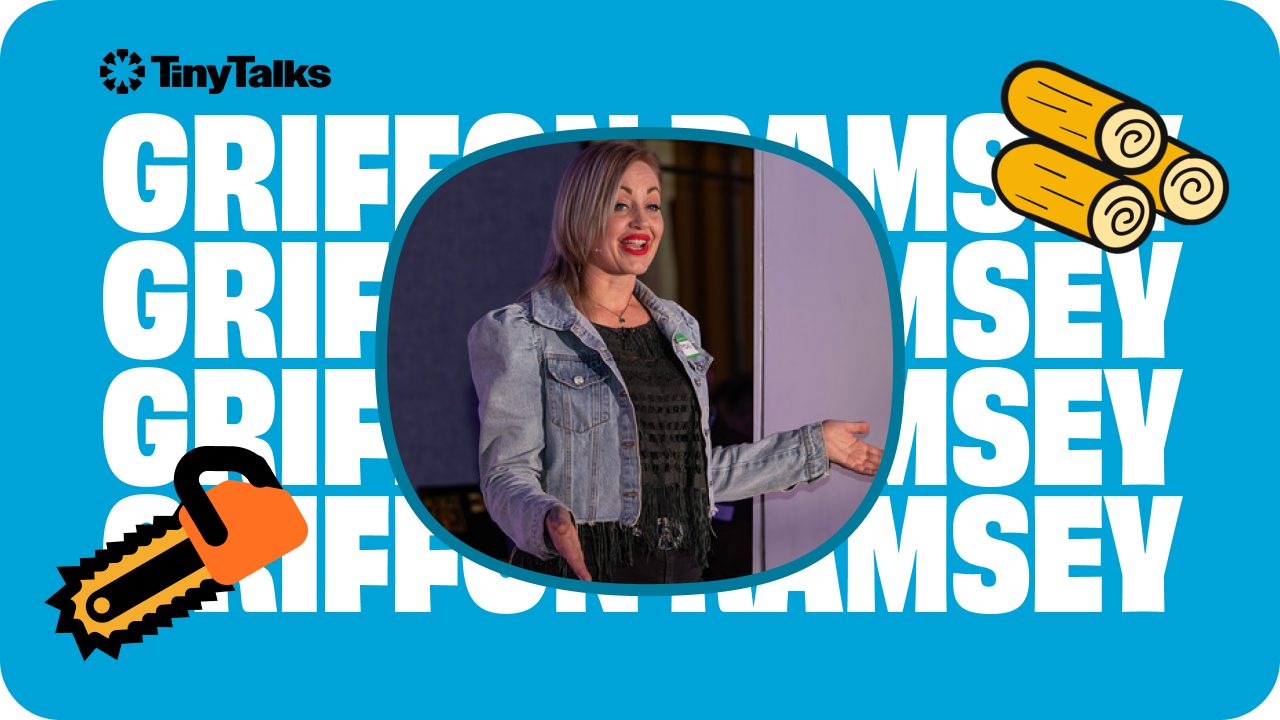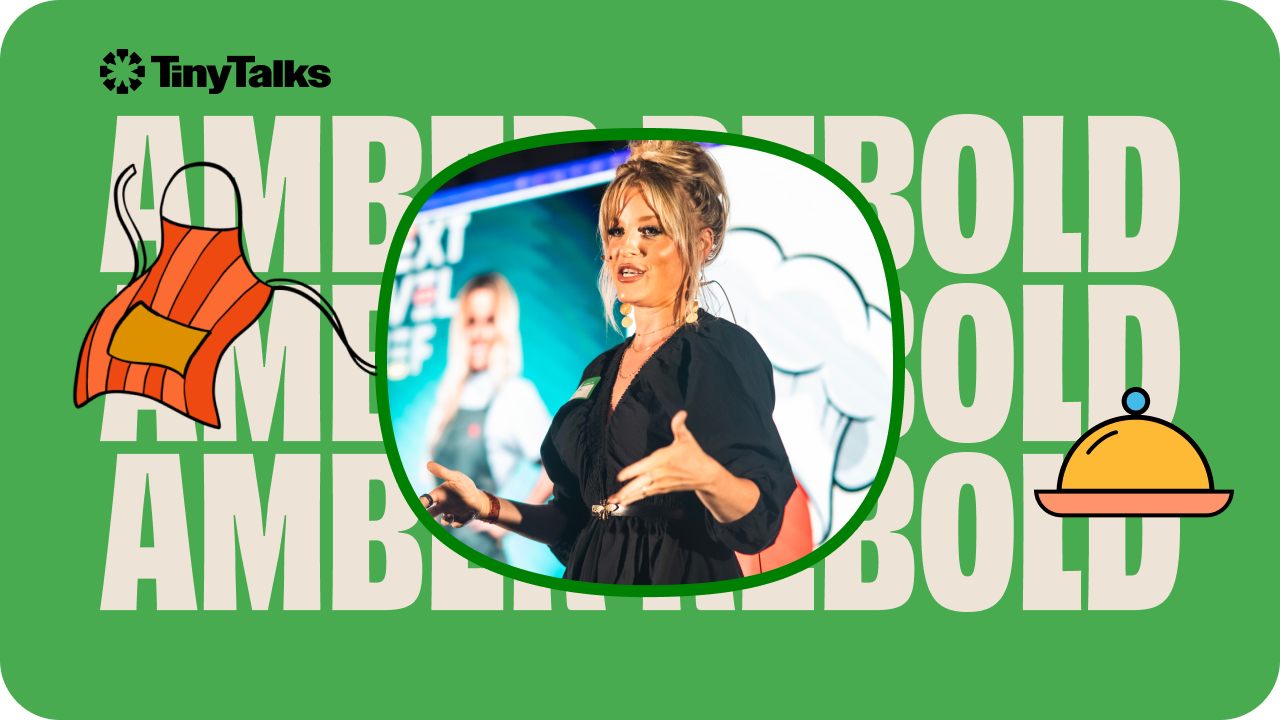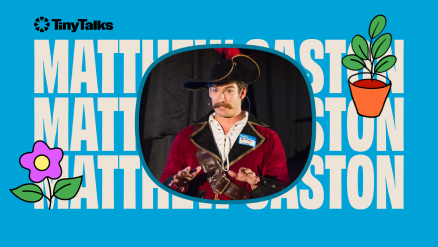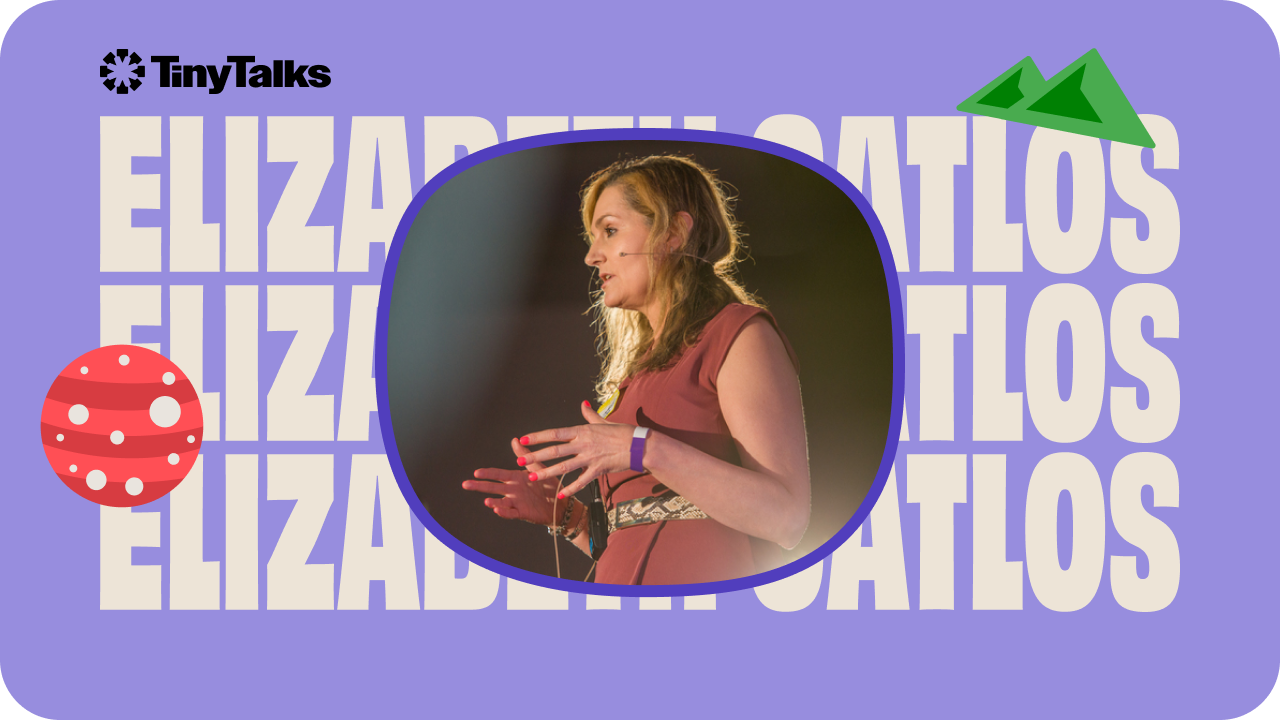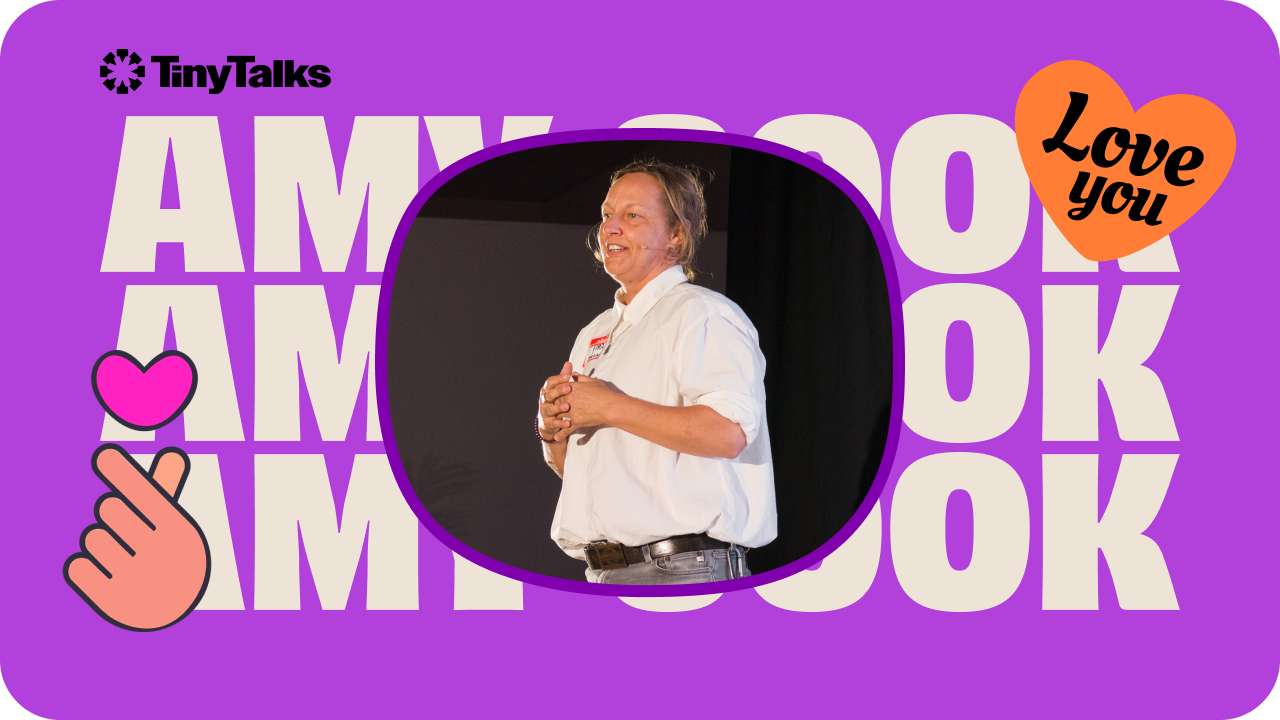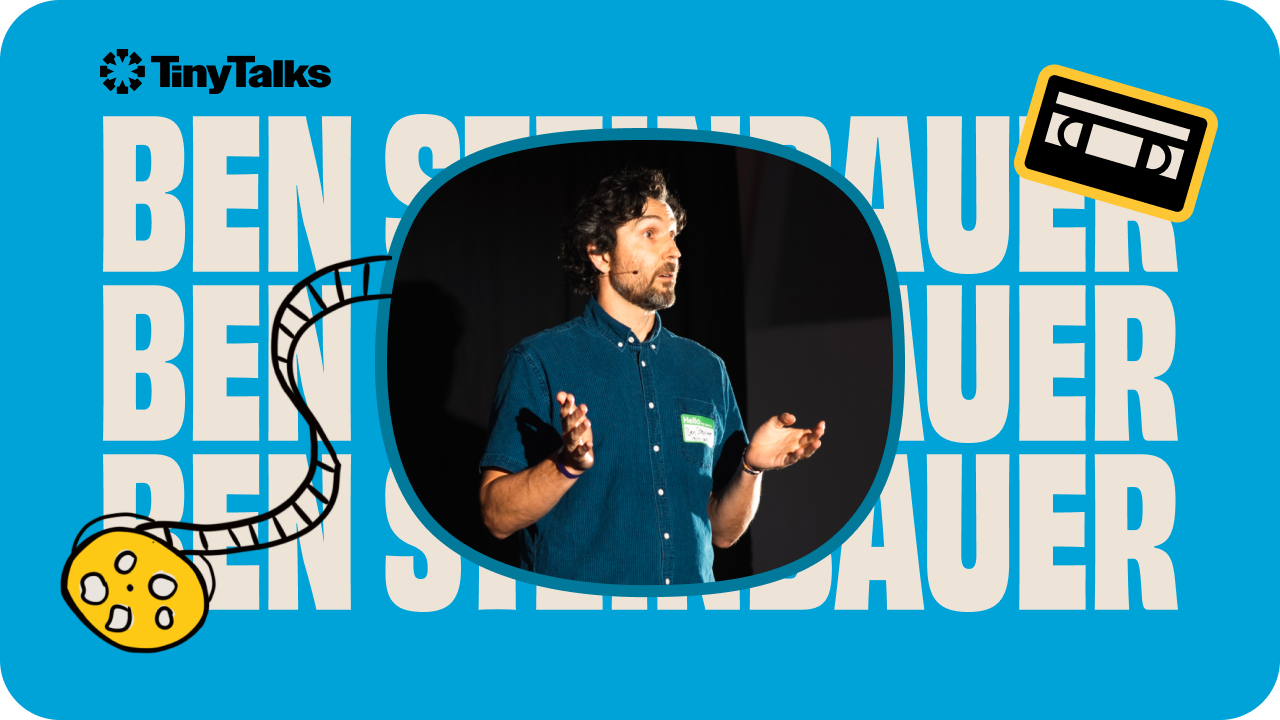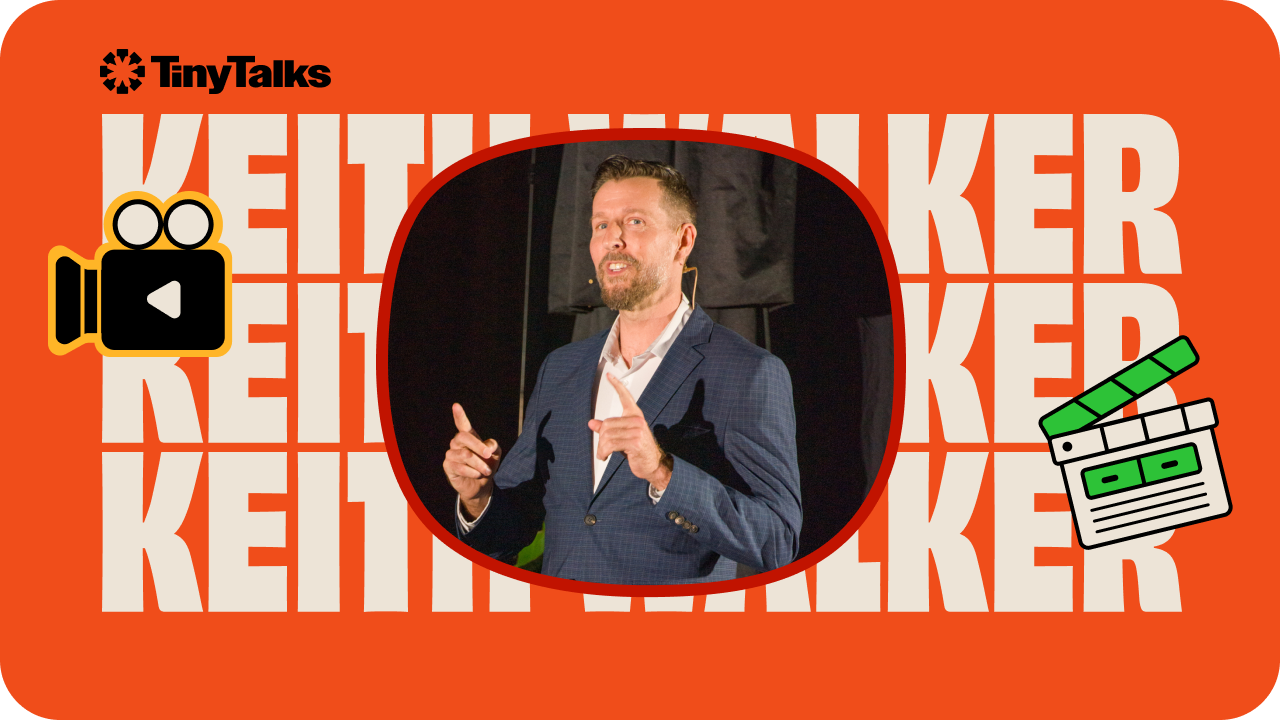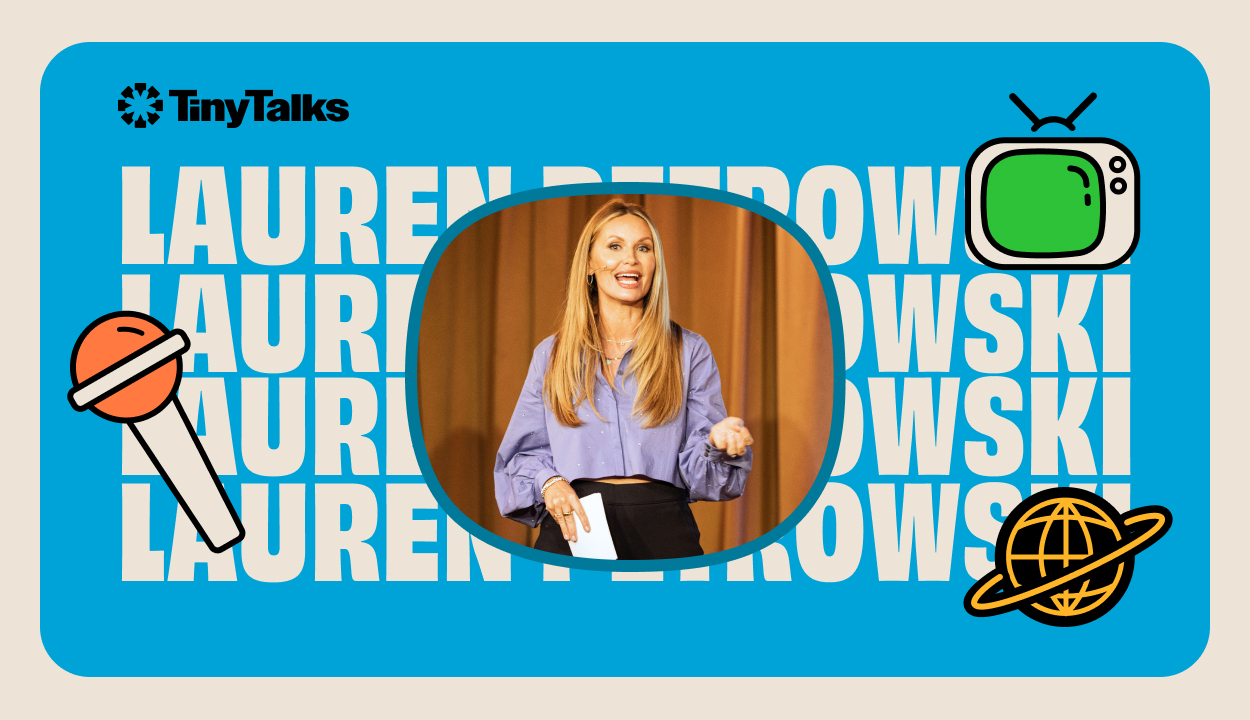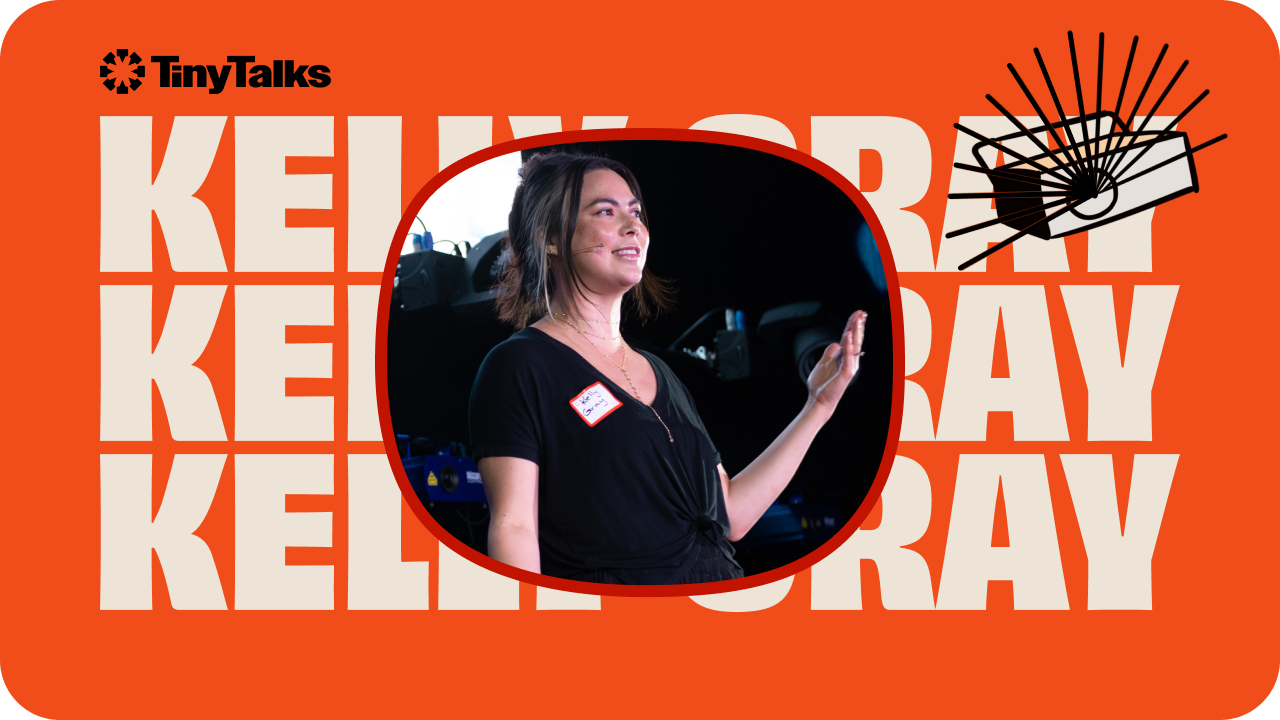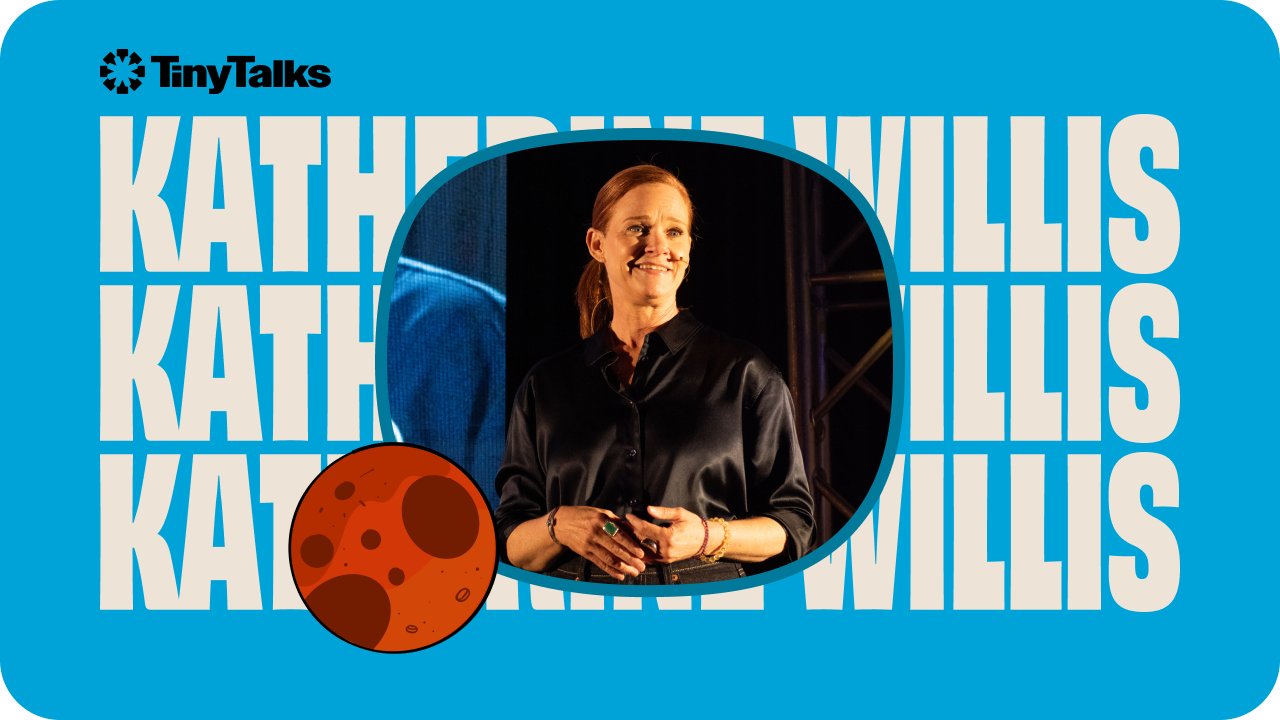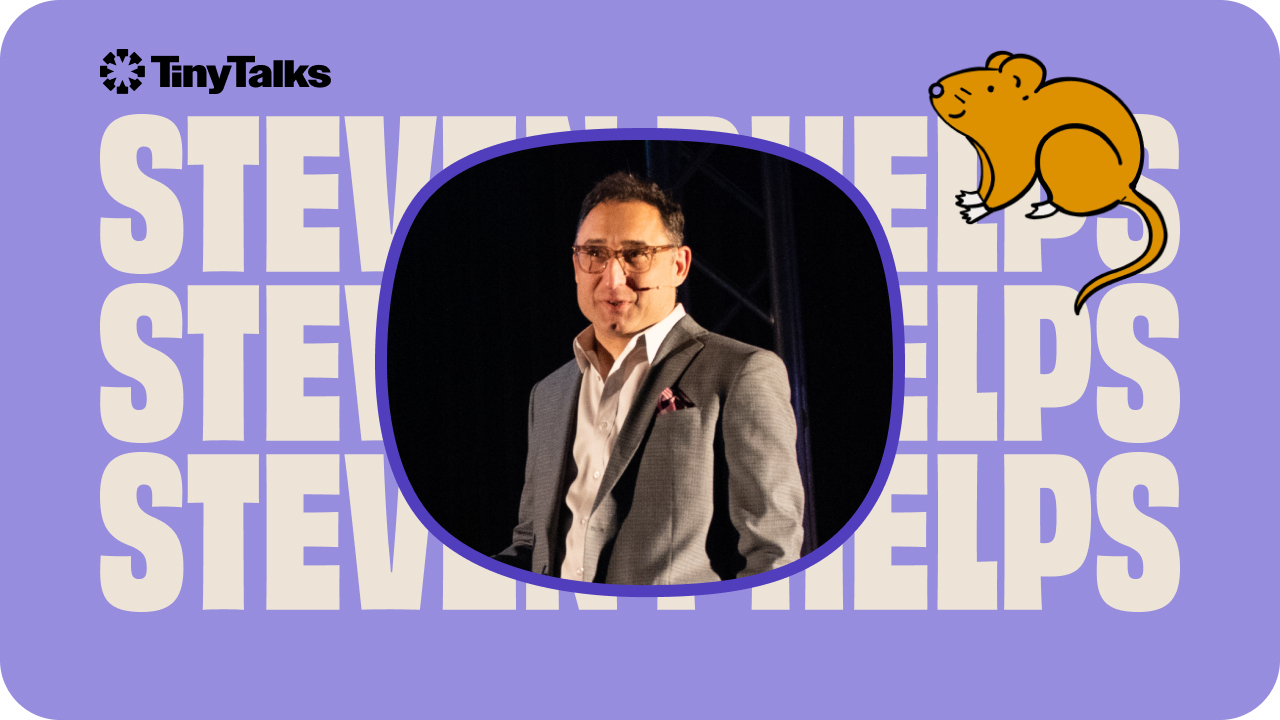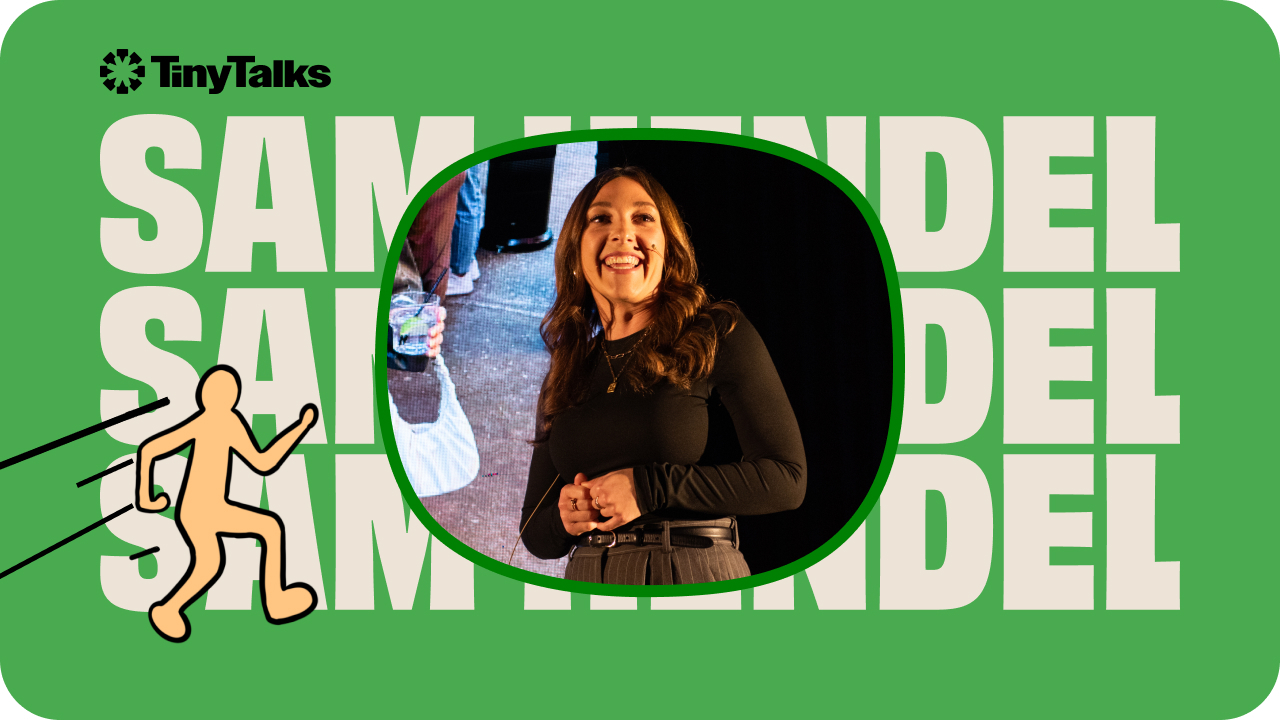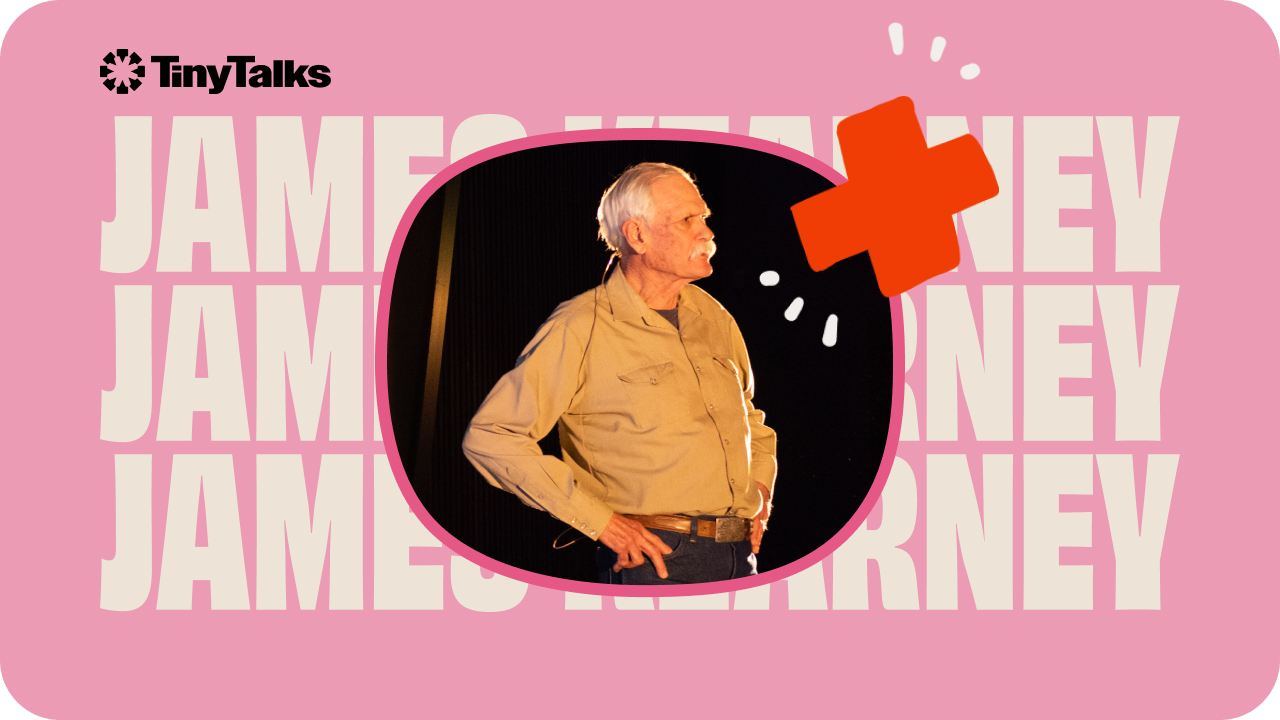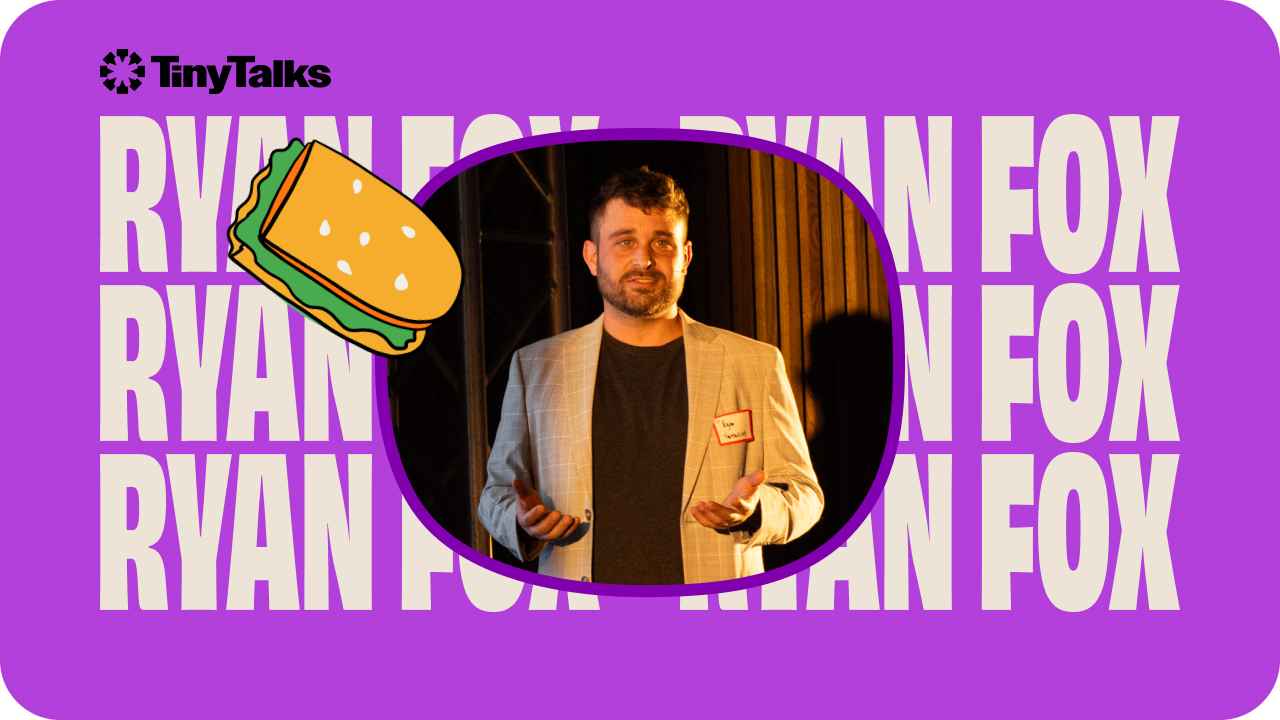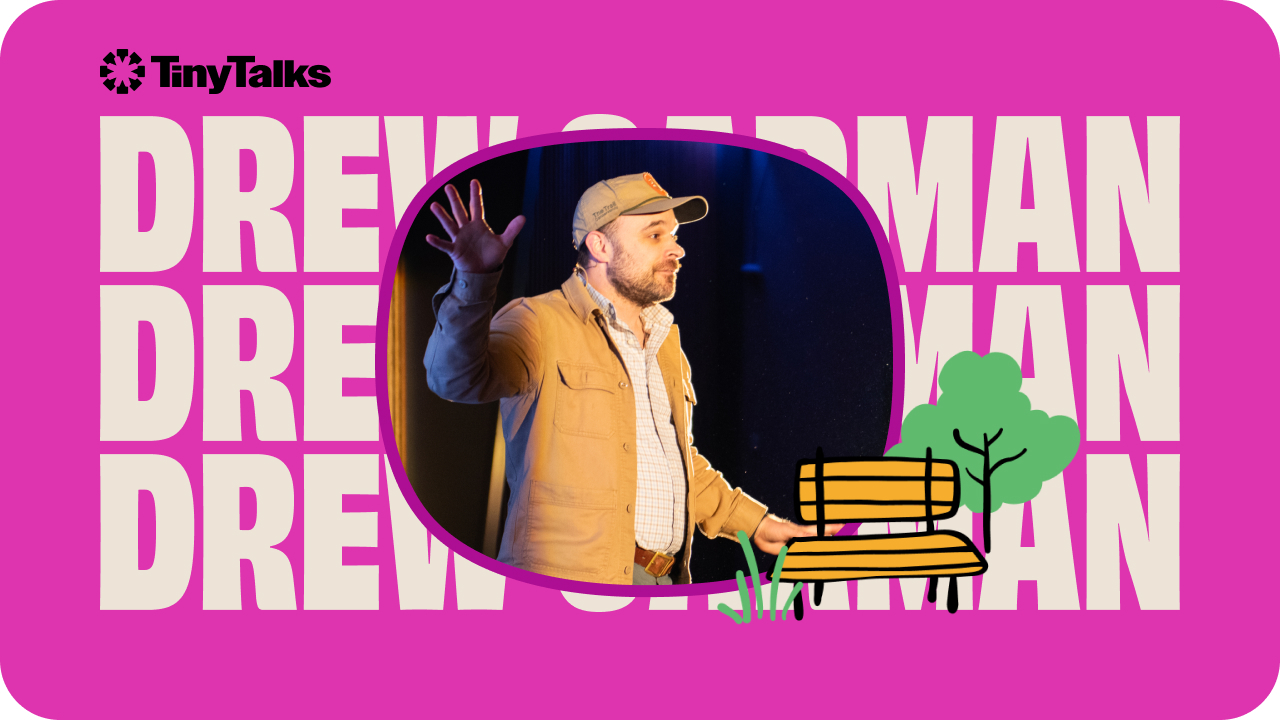Keep Austin Weird
Transcript
… thank you, hardly. When I came to Austin for my internship in 1987, I knew I wasn’t going to stay in Texas and I had no idea that I would have any impact at all on the city of Austin and their motto, and then I met this guy and we dated and I moved in with him and I said, “I’m not taking a job in Texas.”
And then I took a job in Austin and a couple of months later we were married and it was great. I started to really like Austin and even to like Texas. We lived in Clarksville, we had a lot of friends, great parties that went into the early morning hours. One night a blow-up penguin ended up on the roof, but we got it down. Clarksville is a great neighborhood, iconic architecture, local businesses, and it’s that neighborhood where all the neighbors know each other and we help each other out, and we feed each other, and we gossip about each other.
We’d have lunch at Dirty’s, maybe a beer at the Dry Creek. But Saturday mornings we’re always for stuff around the house and we’d always be listening to the Lounge Show on Co-op. So I was cleaning out under the sink once and Red was calling in to Pledge to Co-op, and they said, “Why are you pledging?” He said, “Well, you know, it helps keep Austin weird.” I said, “Well, that would make a good bumper sticker.” Red agreed. So we had a thousand of them printed up and we used to just give them to whomever. We gave them to friends who’d get all wistful and we’d hand them to strangers. I remember pulling up to somebody at a red light and just giving them a stack of bumper stickers. I guess we sent some of them to Lloyd Doggett because he wrote us this lovely letter about the whole thing. It was very, very sweet of him.
Then someone from the city of Austin contacted us and invited us to the holiday party because they said, Keep Austin Weird, was the theme. Go figure. Anyway, in 2002, Waterloo Records and Book People teamed up and had bumper stickers printed up that said, Keep Austin Weird, Support Local Businesses. We loved that idea. Red and I thought that was perfect, but that’s about the time people started saying, “You should really copyright this.”
Well, we didn’t want to copyright it. We wanted anyone to be able to use it. Besides everybody knew it was ours. Wrong. Wrong on two counts. A, it’s not copyright it turns out its trademark, and somebody did trademark it for hats and cups and stuff, and we could have fought it had we been able to prove that it was hurting our business. But we didn’t have a business. We used to just print up a thousand bumper stickers at a time and give them to whomever.
Most of them we gave to our dog groomer who would then sell them and give the money to dog rescue organizations. It was perfect. We didn’t care if anyone else made money from the phrase but trademarking it so no one else could use it. A little antithetical to the whole thing. Anyway, the slogan took off and Red, the reference librarian, kept a file on it and had Google alerts and just followed all the permutations of it.
He just loved it and he did dozens and dozens of interviews about the whole thing. So his name became so well associated with the phrase that Mayor Lee Leffingwell had December 23rd, 2014, named as Red Wasenick Day in Austin. We had a great celebration at Now’s Drugs with a Festivus pole in the middle of the table. Then Schiffer Publishing contacted Red and asked him if he’d like to write a book.
He was actually a really gifted writer, and so he did. He wrote first one and then a few years later, the other. I helped out on the first book but after having to argue that “Yes, I did deserve a photo credit for the photos,” I refused to take part in the second one at all. But he did a great job with it, and the truth was I was just as happy to turn everything over to him. He just cared way more passionately about it than I did.
It just made him really happy, and so I only used it when it was convenient. I always kept a stack of Bumper stickers in my lab to give to my students, and one night Red and I were walking and we saw this perfectly restored 1939 Mercury. Red was drooling. So we walked over and just as we got to the car, the guy was getting into his car to take off and I yelled, “Hey, would you give my husband a ride in your car? He came up with Keep Austin Weird.” They became really good friends, so much so that the man now has an altar to Red in his office.
And the reason he has an altar to Red is that Red died suddenly and unexpectedly just before the city shut down for the pandemic, but he’s remembered. He was mentioned at the Austin Music Awards, the Chronicle did an obituary about him. There’s a scholarship in his name at ACC and his archive is at the Austin History Center. I don’t think so much about Keep Austin weird, I just don’t. People send me stuff when it’s in the news, and that happens a lot lately.
The word weird obviously has entered the political dialogue, but that’s the good thing about English is the same word can be used to praise or to besmirch. Red loved this city. He absolutely loved it. He was a bit of a curmudgeon about the way things are going. It’s getting way more formal. Nobody goes to work dressed in a 1960s prom gown and high tops anymore. They just don’t.
Leslie’s gone. The skyline gets bigger and bigger. The density gets more and more, but there are a lot of things to love about the city. And I’m guessing that people who are younger than I am are finding a whole lot of things to love about the city that appropriately I’m never going to know about.
I came to Austin in 1987 and people told me I had just missed the real Austin. Well, a friend of mine who got here a decade earlier was told exactly the same thing. I think that every new transplant is given the same sad assessment of what the city is, and yet people keep finding their own way and finding new weird things for them.



